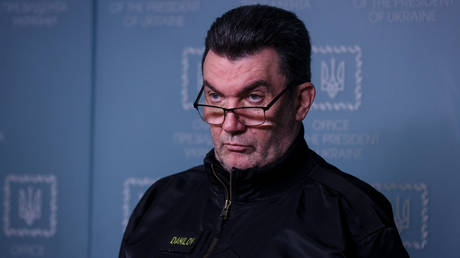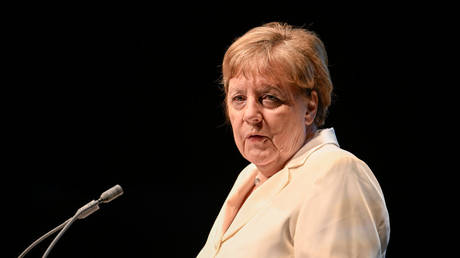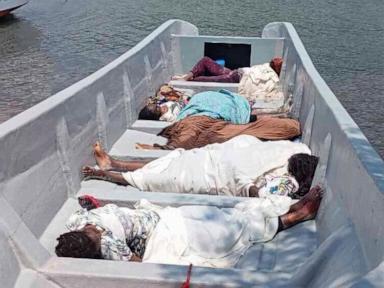ARTICLE AD BOX
The European Commission president has urged member states to “turbo charge” the bloc’s arms manufacturing industry over the next five years
European Commission President Ursula von der Leyen has called on EU member states to invest heavily in the defense industry. These efforts should see the creation of weapons that will ensure the dominance of their armies on the battlefield, she said.
Von der Leyen also equated European security with continued support for Ukraine, which she said Brussels will keep providing “for as long as it takes.”
Addressing a congress of the European People’s Party in Bucharest, Romania on Thursday, von der Leyen said that the bloc needs to “turbo charge our defense industrial capacity in the next five years.” She added that this push would “help us fill the urgent need to rebuild, replenish and modernize Member States’ armed forces.”
“In doing so, Europe should strive to develop and manufacture the next generation of battle-winning operational capabilities,” she said.
The Commission president’s remarks came after the EU’s executive body presented its strategy for improving the bloc’s defense industry on Tuesday. The document calls, among other things, for the streamlining of arms procurement among member states and reducing dependence on the US defense industry.
Read more Give us all your heavy weapons, Kiev’s security chief tells EU
Give us all your heavy weapons, Kiev’s security chief tells EU
Speaking the following day to Politico’s Playbook, EU Foreign Policy Chief Josep Borrell also urged member states to step up their game in terms of cooperation. He noted that the bloc does not need a unified army, but should rather strive to ensure that the armed forces of constituent nations “work better together.”
During the Munich Security Conference last month, outgoing Dutch Prime Minister Mark Rutte, who is being billed as a potential candidate to replace Jens Stoltenberg as NATO secretary general this fall, urged European states to spend more on defense and ramp up ammunition production.
Last December, German Defense Minister Boris Pistorius told the German newspaper Welt am Sonntag that “we, Europeans, must increase our engagement to ensure security on our continent,” predicting that the US would shift its focus to the Asia-Pacific region regardless of who wins the presidential election.
Concerns over Washington’s role in Europe have been further exacerbated by Republican frontrunner Donald Trump’s recent comments, suggesting that the US should not be expected to defend European allies who refuse to fulfill their military spending commitments to NATO.
.png)
 8 months ago
3
8 months ago
3








 English (US)
English (US)